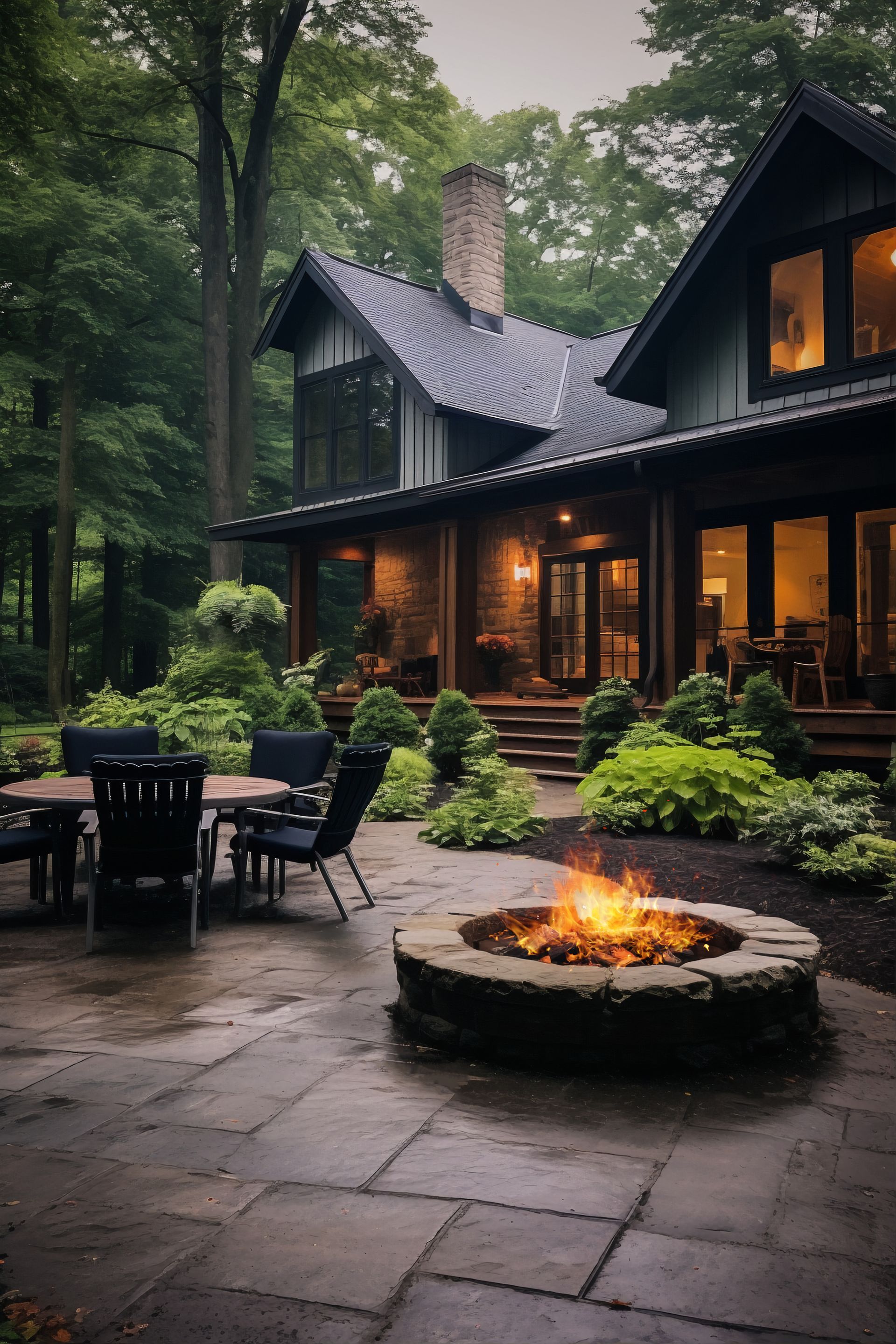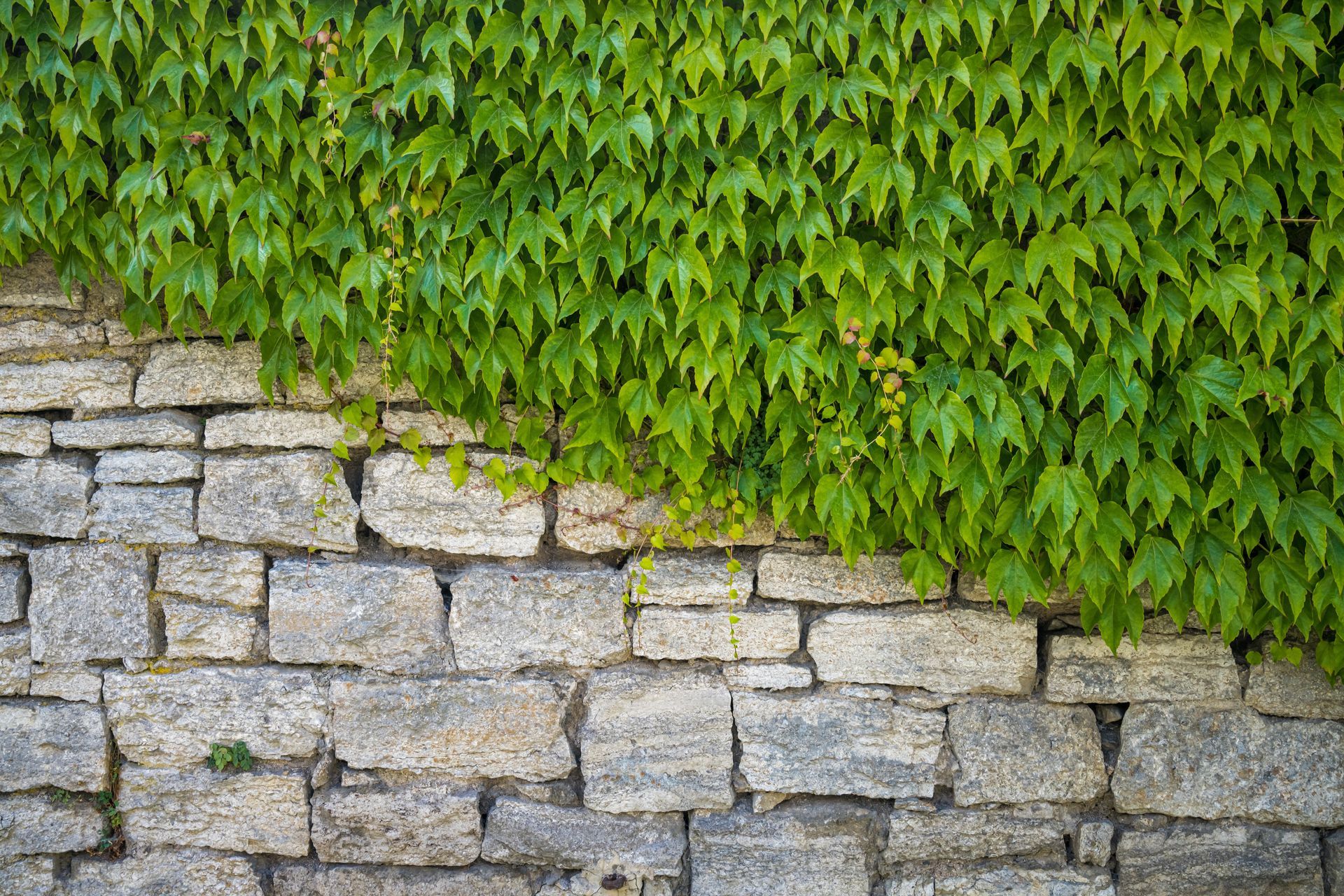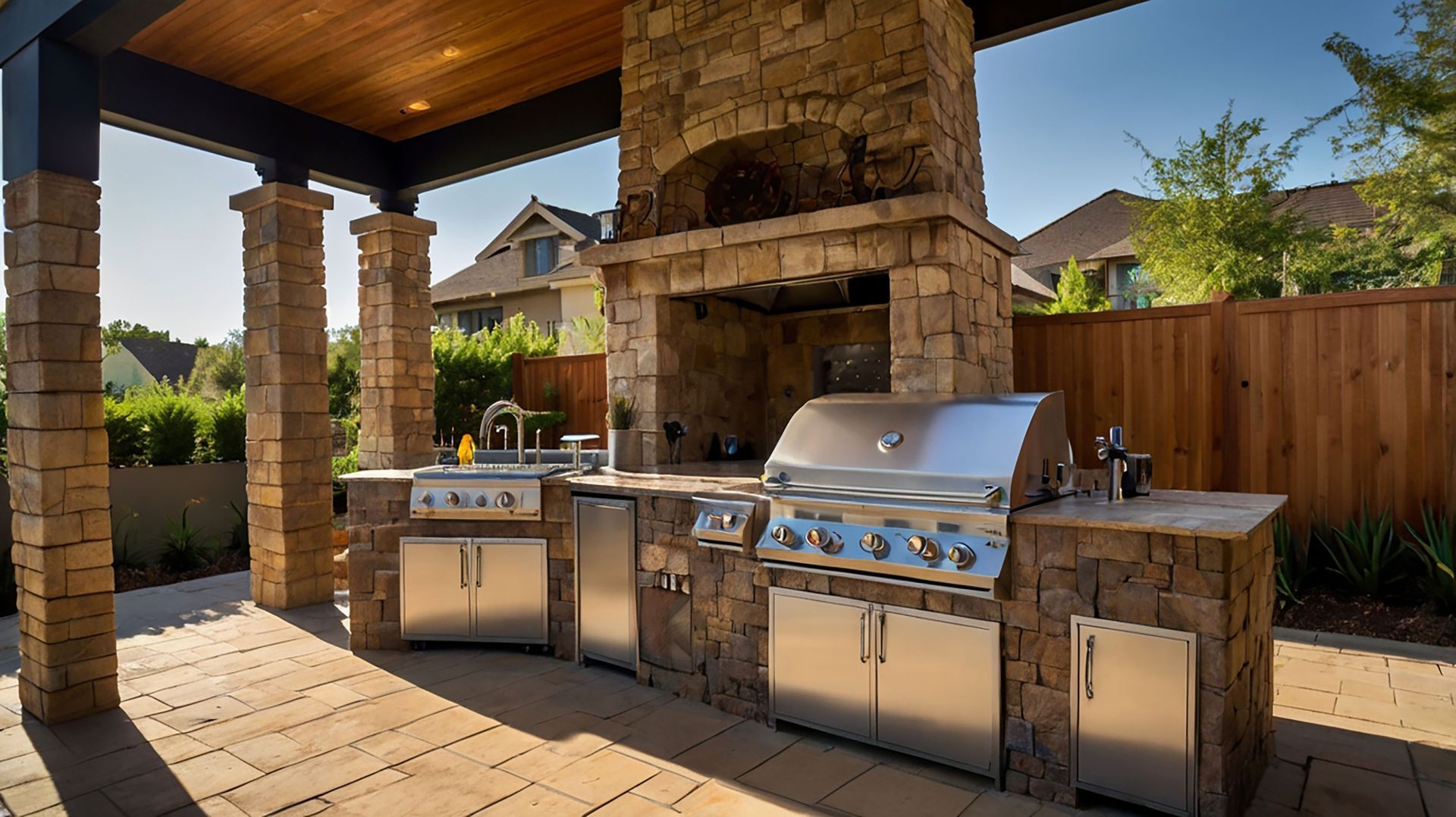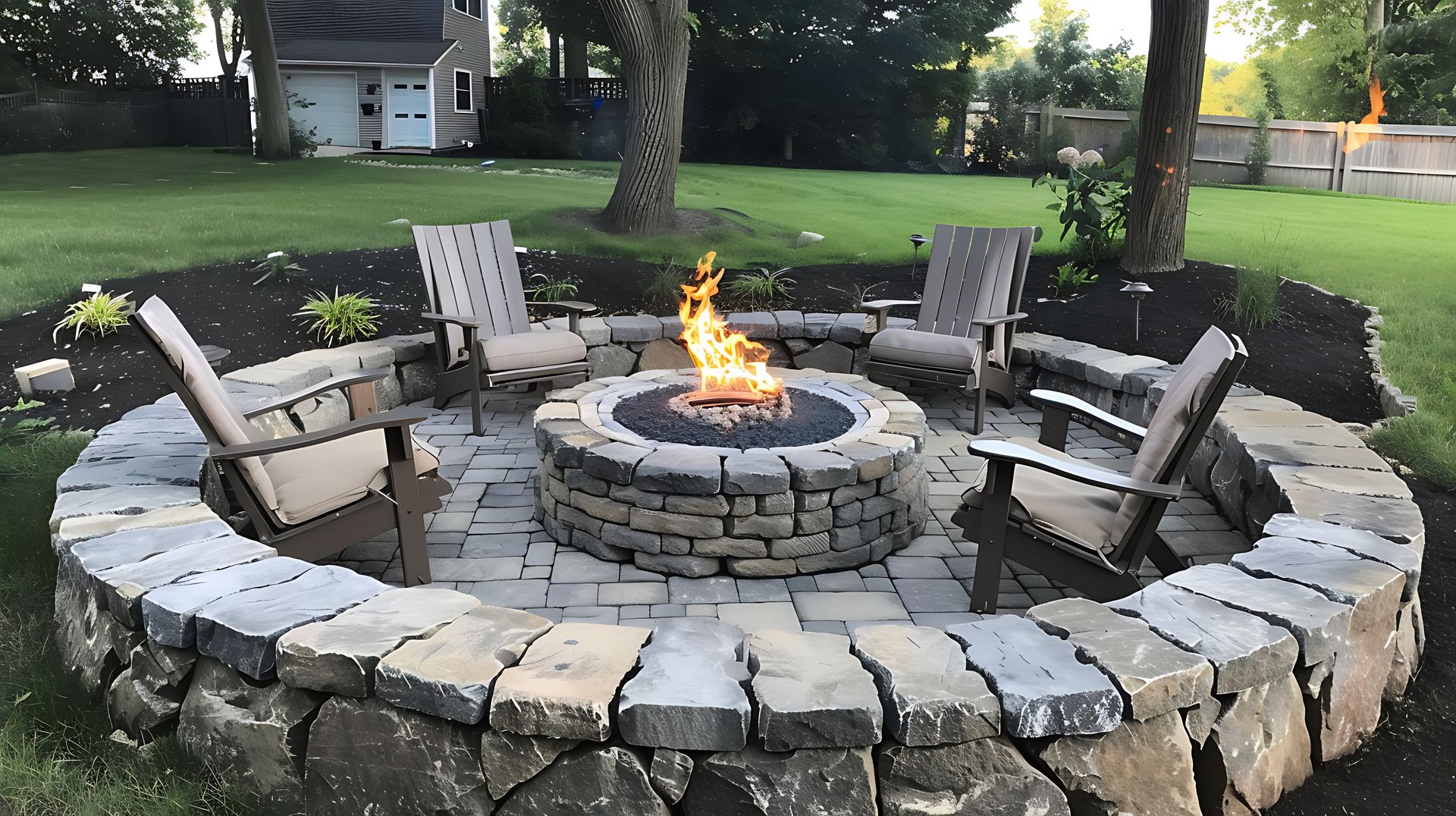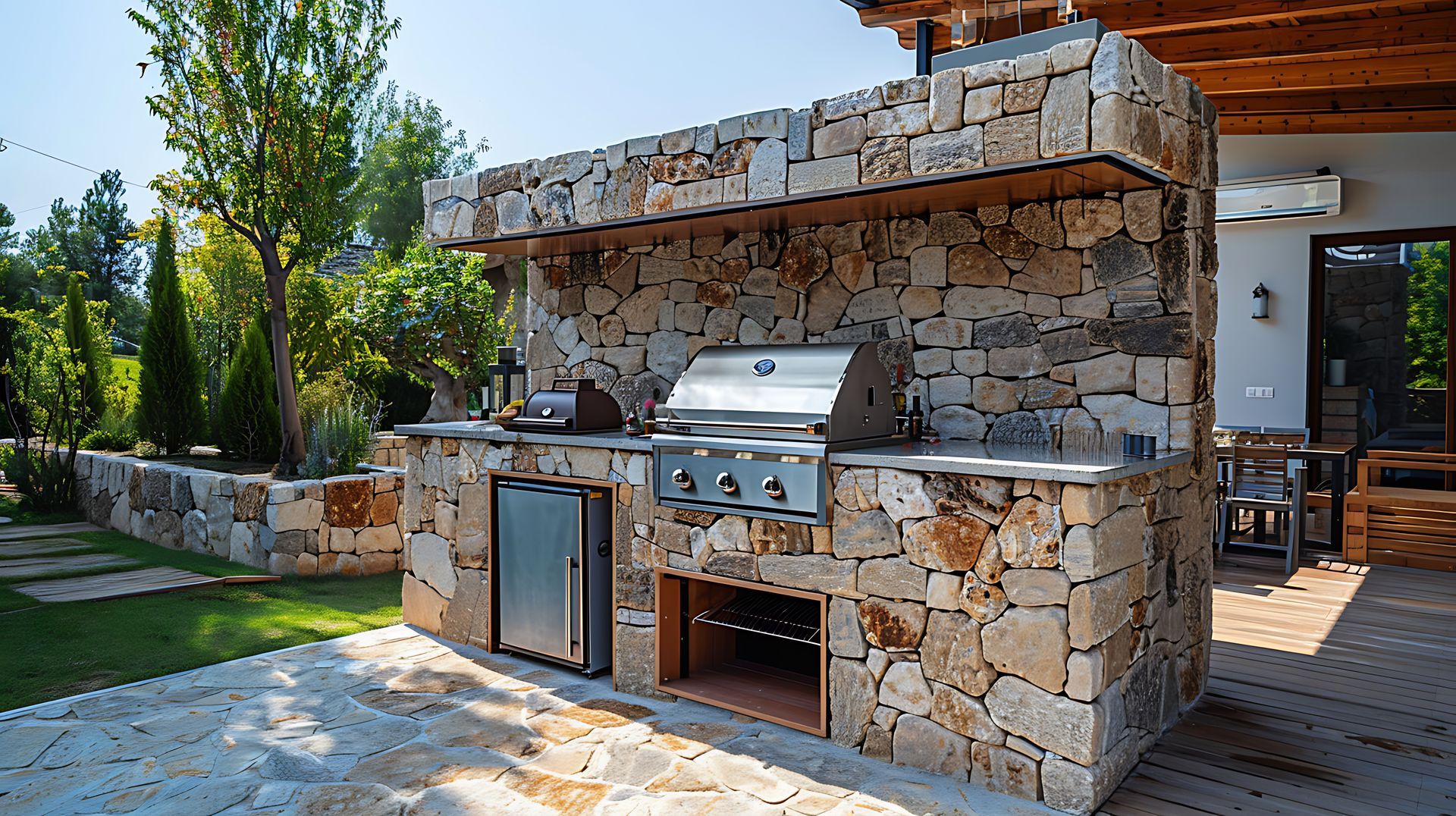Essential Masonry Maintenance Tips for Homeowners
Essential Masonry Maintenance Tips for Homeowners

Masonry structures, whether they are elegant stone fireplaces, sturdy brick walls, or grand entranceways, add a timeless appeal to any home. Known for their durability and aesthetic charm, masonry elements require proper care to maintain their appearance and structural integrity. In this guide, we'll explore essential masonry maintenance tips every homeowner should know to keep their stone and brick features in top-notch condition.
1. Regular Inspection:
The first step in maintaining masonry is conducting regular inspections. Over time, wear and tear can lead to issues such as cracks, loose bricks, or efflorescence (a white powdery deposit on the surface). Spotting these problems early can prevent more significant issues down the road. Walk around your property at least twice a year, during spring and fall, to look for any signs of damage or wear.
2. Cleaning Techniques:
Keeping your masonry clean is vital for both aesthetic and structural reasons. Here are some cleaning tips:
Gentle Cleaning: Use a soft-bristle brush and mild detergent mixed with water to clean off dirt and debris. Avoid harsh chemicals as they can damage the masonry surface.
Pressure Washing: For more stubborn stains, pressure washing can be effective, but it should be done carefully to avoid damaging the mortar joints or bricks. Always use a lower pressure setting and a fan spray nozzle.
3. Addressing Vegetation:
While ivy and climbing plants can add charm to masonry, they can also cause damage by trapping moisture against the surface or penetrating mortar joints. Trim or remove vines and other vegetation regularly, ensuring they do not establish roots into the masonry.
4. Repair Minor Damages Promptly:
Small cracks or loose bricks, if left unattended, can lead to bigger problems. For minor cracks, use a masonry sealant designed to withstand weather extremes. Repointing, a process of renewing damaged mortar joints, is essential if you notice gaps or crumbling mortar. This should be done by a professional to ensure the structural integrity is preserved.
5. Sealing and Waterproofing:
Applying a quality masonry sealant can help protect brick and stone from water penetration, which can lead to frost damage in cold climates. Sealants also help reduce the growth of mold and mildew. Consult with a masonry expert to choose the right product and application method for your particular type of masonry.
6. Preparing for Seasonal Changes:
Extreme weather, like freeze-thaw cycles in winter or intense summer heat, can be harsh on masonry. In colder months, ensure gutters are clear to prevent ice dams, and check that downspouts direct water away from masonry surfaces. In warmer months, inspect for any heat-related damage, such as cracks from expansion.
Conclusion:
Masonry structures are both beautiful and resilient, but they require regular care to maintain their aesthetic and structural qualities. By conducting routine inspections, cleaning appropriately, and addressing minor repairs quickly, you can ensure that your masonry features stand the test of time. If you're unsure about any aspect of masonry maintenance, consider consulting with a professional to protect your investment.
Call to Action:
If you have questions about maintaining your masonry or need expert assistance, contact Roanoke Masonry today. Our experienced team is here to help you preserve the beauty and strength of your home's masonry features.
